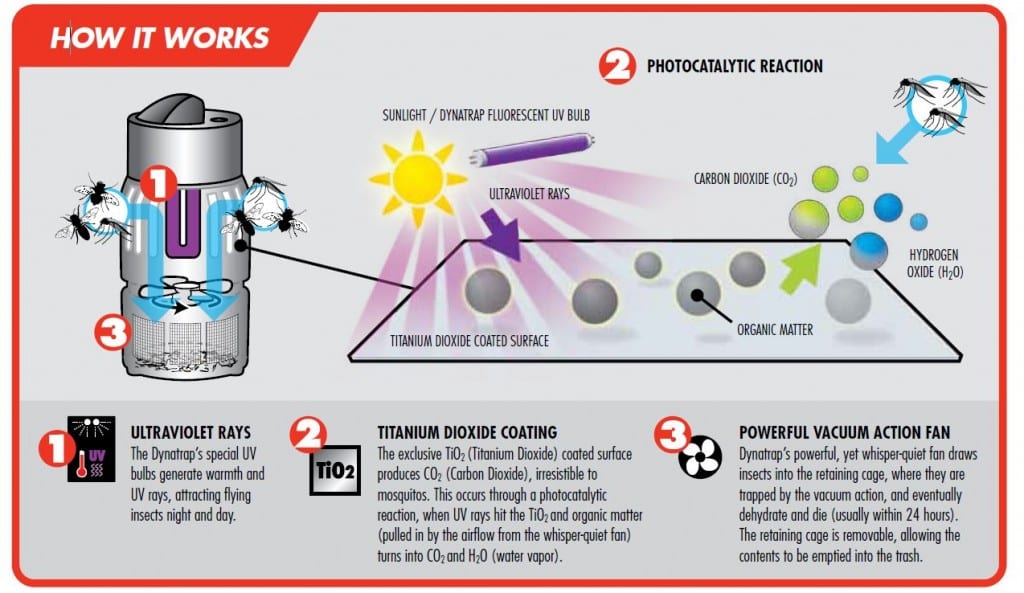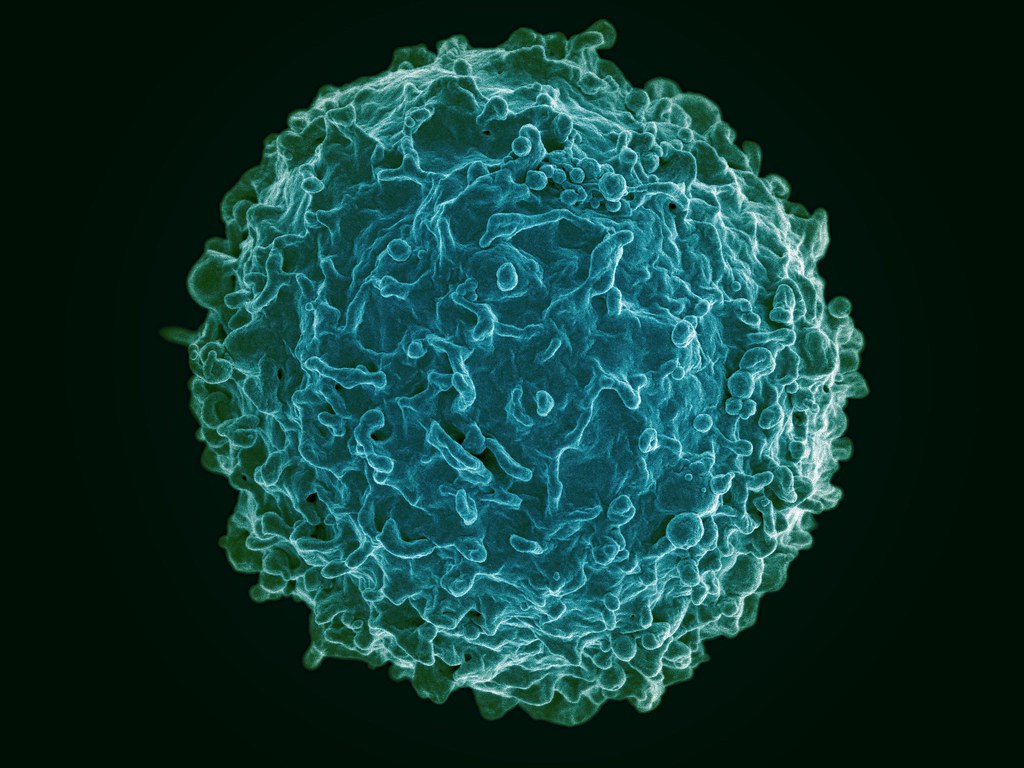Have you ever walked past a restaurant around lunchtime and found the smell alone was good enough to stop you in your tracks and have you speeding in to buy something to eat? For me, it's the smell of southern barbecue. At first it's the smoke billowing out of the kitchen that tickles your nose as you walk by, then the smell of barbecue sauce and coleslaw when you walk in the door, the feel of the greasy table as you wait for your food. By the time my pulled pork sandwich comes out, I am practically salivating.

If you, like me, find some food scents irresistible, then we have a lot in common with our common foe: the mosquito. If we know how mosquitoes find their hosts, we can better understand how mosquito repellents work and how to better protect ourselves from them.
Mosquitoes use multiple cues when finding a host on which to feed. Just like that first whiff of smoky barbecue draws me into the restaurant, the first scent that mosquitoes are attracted to is typically carbon dioxide. Humans, like all animals, create energy through cellular respiration. Simplified, this means that humans transform glucose (a sugar derived from food)and inhaled oxygen into the energy we need. During this process, we also release carbon dioxide, water, and heat as byproducts. When we exhale, we release a lot of this carbon dioxide, about 100x the amount found normally in the atmosphere. Mosquitoes have honed in on this and have carbon dioxide receptors on their mouthparts that light up when they sense puffs of carbon dioxide nearby, likely from a breathing mammal.
Once they get a whiff of that carbon dioxide, mosquitoes then orient themselves upwind, through wind-orientation or anemotaxis, where they then focus on a dark figure, presumably their host, and follow the carbon dioxide plume to get closer. This is why lighter-colored clothes are suggested to avoid mosquito bites.
As the mosquito nears the host, she uses another byproduct from cellular respiration to confirm the subject's host status: heat. The mosquito feels the warmth radiating off the human and gets close enough to start feeding.
The last cue a mosquito looks for before plunging her needle-like mouthparts into host skin is the presence of the lactic acid signature unique to humans. When the high levels of carbon dioxide first hit her mouthparts, the mosquito's antennal receptors for human-specific chemicals are switched on into high gear.
Up until this moment, the mosquito cannot tell the difference between you, a dog, or an elephant. All of those species are mammals that produce large amounts of carbon dioxide and heat, but humans have a unique smell caused by sweat and the oils that we secrete. Because many mosquitoes are anthropophilic, or prefer human hosts, it is important that they distinguish whether the subject is human before starting to feed.

All of this is fine and dandy for the mosquito, but how do humans prevent mosquitoes from biting in the first place? Thankfully, there are some different chemicals that deter mosquitoes from biting us, including DEET. DEET has been used by more than 200 million people around the world for more than 50 years in order to reduce the risk of mosquito-borne diseases.
DEET's mode of action, or the way it works on a physiological level, was misunderstood for many years, but mosquitoes are believed to actively avoid the smell of DEET, for which they have special olfactory receptors — structures that detect odors. When applied to the skin, DEET also seems to mask the human smell that is attractive to mosquitoes, though it is unknown whether this actually repels the mosquito as they appear to avoid the chemical DEET on its own even when not applied to a human.
Whether it's DEET, light-colored, long-sleeved clothing, or some of the other chemicals found to repel mosquitoes (including Victoria Secret Bombshell perfume), make sure you avoid mosquito bites as mosquitoes can carry many different human diseases, including the Zika virus that can cause microcephaly and other brain defects in the fetuses of pregnant women that acquire the virus.
Thankfully, there are scientists like Anandasankar Ray at the University of California, Riverside studying the olfactory receptors of these mosquitoes as well as chemicals that we may already have and use that block them. For example, ethyl pyruvate, which provides a fruity scent and is used to flavor food, inhibits the carbon dioxide-sensitive receptors of the mosquito and could be a possibility for a mosquito repellent that does not degrade plastics the way DEET does, and hopefully smell a lot nicer.
With more research, we can hopefully find more ways to block mosquitoes from biting us and help decrease mosquito-borne diseases around the world. Until then, we have to keep tricking mosquitoes into missing some of the cues that mark us as human buffets. Using the knowledge of the mosquito's own biology, it may be possible to avoid bites and disease and keep our ankles a little less marred this summer season.
 Laura Kraft is a Georgia native, having grown up in Alpharetta, Georgia. She is a joint Bachelor's/Master's student studying aphid endosymbionts under Dr. Kerry Oliver, looking for a PhD program outside the southeast to move to. When not in lab, you'll find her at one of a couple Spanish conversation tables around Athens or improving her amateur photography skills. More from Laura Kraft. Laura Kraft is a Georgia native, having grown up in Alpharetta, Georgia. She is a joint Bachelor's/Master's student studying aphid endosymbionts under Dr. Kerry Oliver, looking for a PhD program outside the southeast to move to. When not in lab, you'll find her at one of a couple Spanish conversation tables around Athens or improving her amateur photography skills. More from Laura Kraft. |
About the Author
- athenssciencecafehttps://athensscienceobserver.com/author/athenssciencecafe/April 17, 2020
- athenssciencecafehttps://athensscienceobserver.com/author/athenssciencecafe/April 12, 2020
- athenssciencecafehttps://athensscienceobserver.com/author/athenssciencecafe/April 3, 2020
- athenssciencecafehttps://athensscienceobserver.com/author/athenssciencecafe/March 30, 2020







